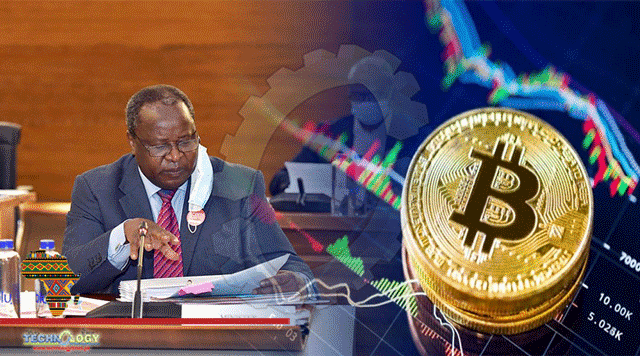National Treasury Says That It Is Weighing Up A Number Of Possible Regulatory Routes For Crypto-Assets In South Africa As More People Invest.

The National Treasury Says That It Is Weighing Up A Number Of Possible Regulatory Routes For Crypto-Assets In South Africa As More People Invest In The Medium. In a presentation to parliament at the end of May, Treasury said that crypto assets have grown rapidly in South Africa over the last five years in South Africa, with users primarily investing in 12 major crypto-asset trading platforms including Luno, Altcoin Trader and VALR.
Across these platforms, Treasury estimates that there are at least two million retail investors in the country, with R2 billion in transaction volumes recorded each day. However, there is concern that at least half of these investors are not fully grasping the concept of how these assets work, but rather focusing on returns of 50% or more, it said. “Crypto-assets have become too big to ignore and pose a number of risks for consumers if not sufficiently regulated,” it said.
Treasury said that there are now essentially three approaches available, in theory, to regulators in South Africa:
A complete ban – Treasury said this is not advised, as South Africa is way past the stage of this being a possibility given the widespread adoption of crypto-assets. It warned that a ban would also drive activities underground and require intensive policing efforts. South Africa is also a member of the intergovernmental Financial Action Task Force (FATF) which requires the country regulate cryptocurrency service providers.
Do nothing – Once gain Treasury said that this is not really option given South Africa’s membership to FATF, and local organisations that require consumer protection such as the Financial Sector Conduct Authority (FSCA).
Regulate – Treasury said that the only real option is to regulate crypto-asset activities. This should regulate the services – such as wallets and exchanges – rather than the asset itself. However, it warned that it must be made clear that regulation is not the same as endorsement – and that the public should be warned of the inherently volatile and risky nature of cryptos. It has also recommended that crypto-assets remain without legal tender status and not recognised as electronic money.
This news was originally published at Business Tech.